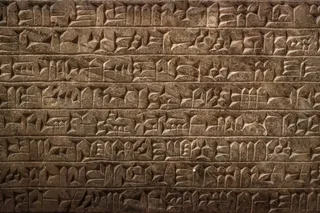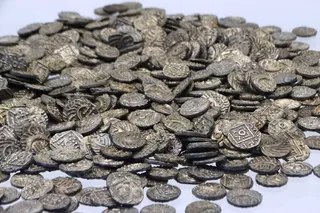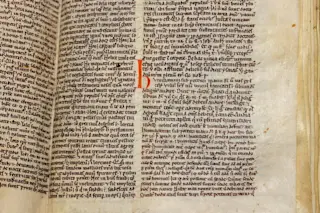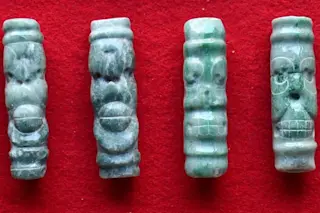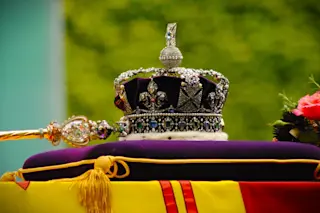by Jon Winsor
Conventional incandescent light bulbs are tremendously inefficient. Only about 10% of the energy used to power the light bulb actually goes to producing light, and the remaining 90% is emitted as heat. And it’s easy to see why. An incandescent bulb filament relies on the fact that it’s a poor conductor of electricity. It’s essentially the same concept used by inexpensive space heaters. So doubtless, the technology could be improved—the same way that many appliances have been improved by efficiency standards over the years. At least that was the way Fred Upton (R - MI) was thinking when he helped craft a provision of the Energy Independence and Security Act (ESIA), which was signed into law by George W. Bush in 2007—
with support from manufacturers, who have since invested millions in retooling their factories. The provision didn’t choose “winners and losers” as far as light bulb ...


